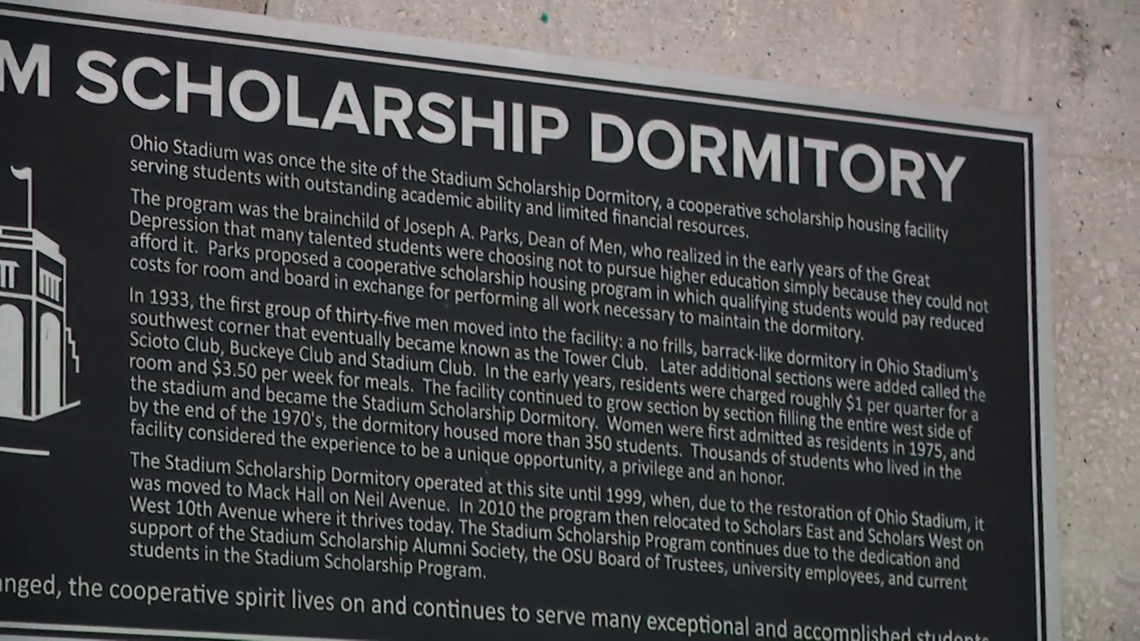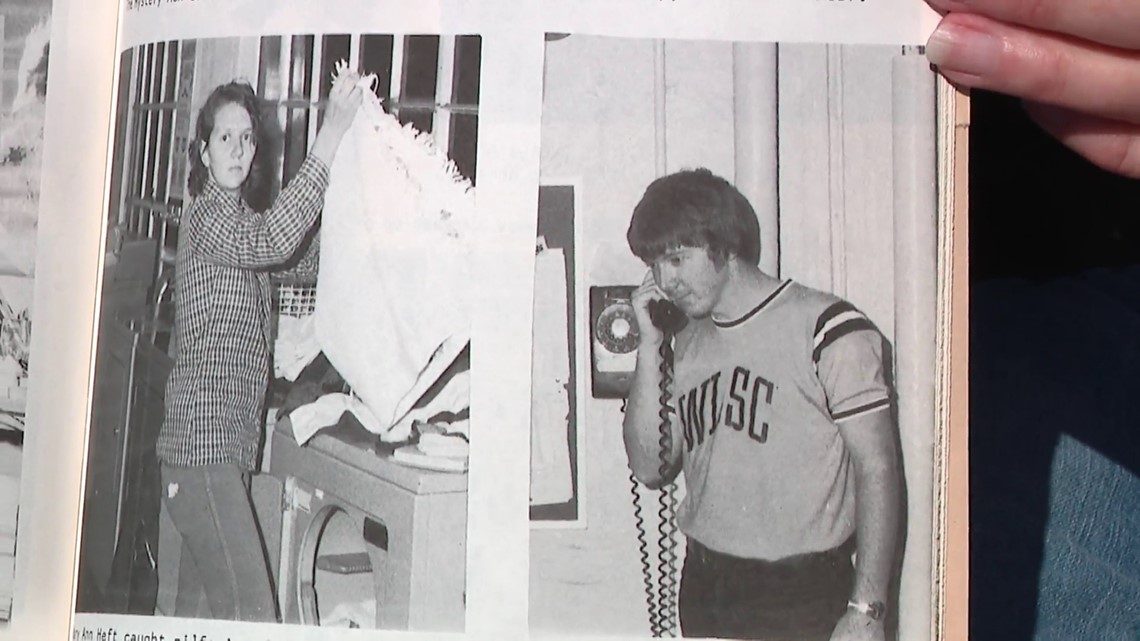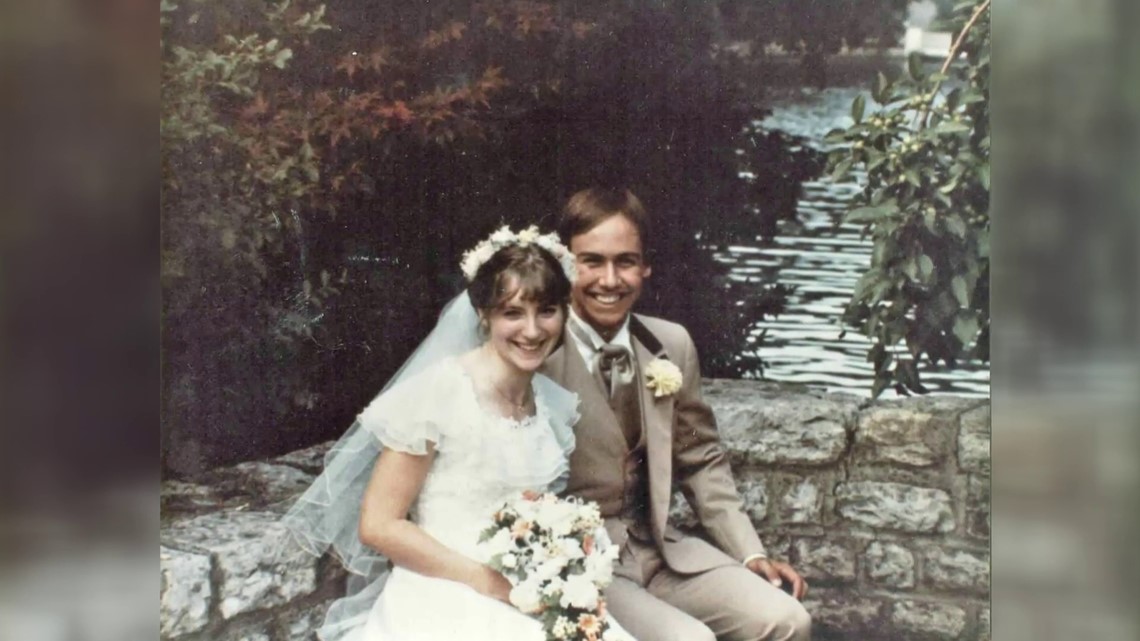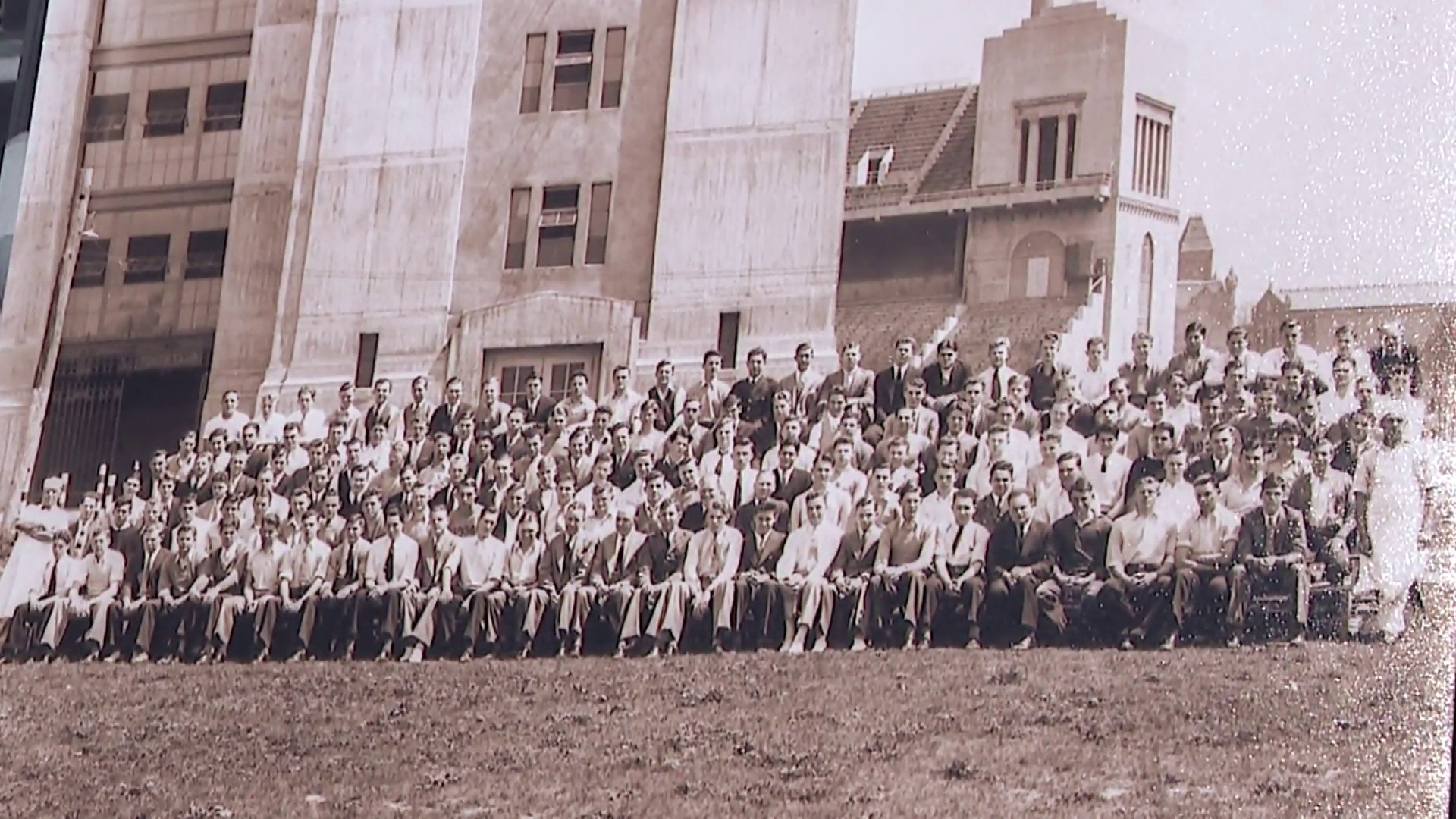COLUMBUS, Ohio — They came from small towns like Marietta and Salem. They were smart and most were the first in their families to attend college.
But these kids from Ohio who yearned for a better life than their parents did not have the financial means to pay for college.
Born out of an idea that no Ohio high school graduate should be denied the chance to go to college based on their financial need, Ohio State turned unused space below the bleachers of Ohio Stadium into a dorm.
A group of 75 male students with limited finances moved into a dorm built beneath the bleachers in Ohio Stadium.
According to the history of the Scholarship Dorm, "those 75 young men lived in barracks-like conditions in the stadium’s southwest corner, which would become known as the Tower Club. In exchange for reduced rent, the young men did all of the chores except cooking in the no-frills dorm. Their shared experiences created a tradition of cooperation and scholarship that remains alive today."


"I remember in December thinking I don't know how I'm going to pay for this and if not for the stadium scholarship, most of us would not have been able to go to school," said Kristy Mount, class of 1982.
"Living in the stadium as isolated as we were, we created our own world. We even had student architects design our television room," said Tom Hone, class of 1966.
The Stadium Scholarship Dorm was the brainchild of Joseph A. Park, the university’s Dean of Men at the time.
Park realized that many Ohio high school students weren’t going to college because they couldn’t afford it. The lowered cost of housing made it possible for more of these financially challenged students to attend.
Through the years, the unique dorm gained national attention. Even First Lady Eleanor Roosevelt visited the student living quarters housed in Ohio Stadium.
The dorm has also been featured several times during nationally televised Ohio State football games. In 1975, both the program and the dormitory itself were expanded and the first women moved into the dorm.


In the 1980s, the university completed a multimillion-dollar renovation that increased the dorm’s capacity to 360 students. They played basketball where the concession stands were. They were self-governed and they earned their keep by cooking, cleaning, and doing laundry. They had their own newspaper and yearbooks. To live here meant you had to earn enough work credits every week or face what was called a ding.
"One of the things that I think of when I came here is I ran the cafeteria in the dorm my senior year," said Doug Byers, class of 1995.
For John Bradshaw and Eva Williamson Bradshaw, living under the stands is where they met and later fell in love.
"We actually got married at Mirror Lake. This year, we've been married 40 years," Eva said, class of 1982.


For those who lived here, this was more than a stadium. It was where they became family.
"The stadium gave me a chance to grow up and make a lot of friends," said Hone.
"When we come to the stadium, we are coming home. It's a place we feel was a home when we started as students," Eva said.
In the late 1990s, the university expanded and renovated Ohio Stadium. In June 1999, the program’s history inside the stadium ended as the last group of 356 residents left the dorm.

